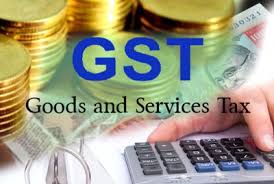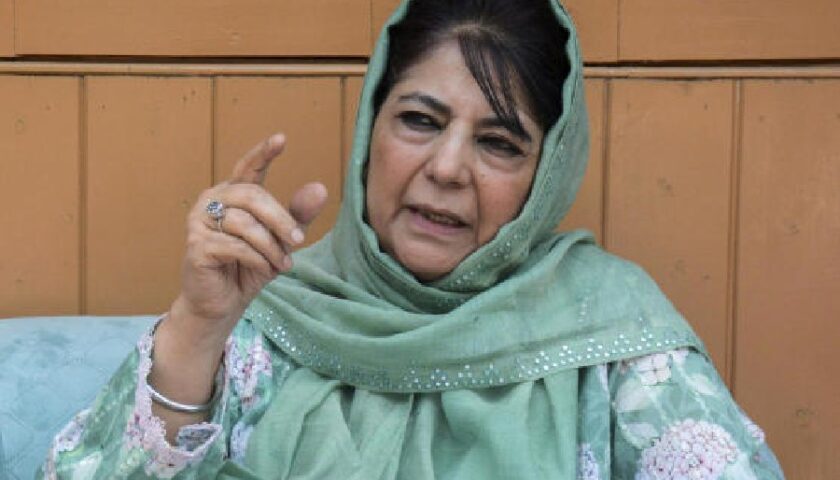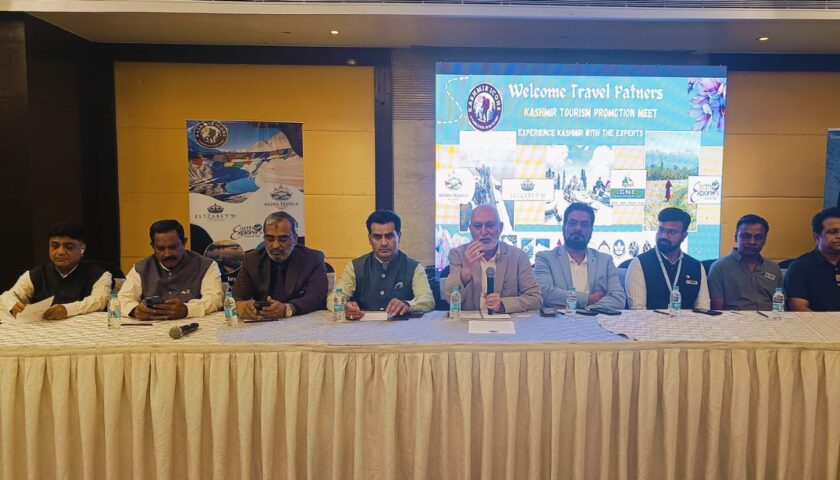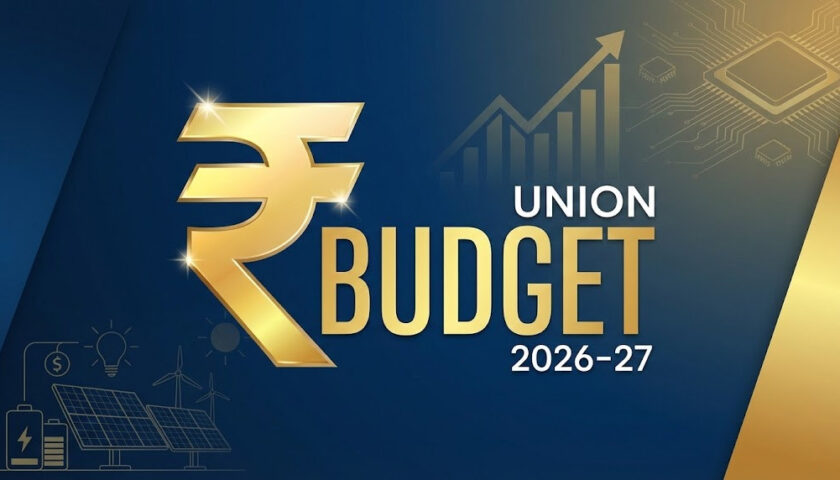While the state government is caught in a major controversy over implementation of Goods and Service Tax (GST) law in Jammu and Kashmir, an official panel had recommended an ‘alternative GST’ similar to the European Union model for the state in 2013, incorporating all features of the central law but allowing the state legislature to exercise its competence vis-à-vis taxation.
The five-member committee, constituted by the state’s general administration department on October 4, 2013 to examine revised draft Constitution (105th Amendment) Bill 2013 of Government of India vis-à-vis Constitution of the State had preferred an alternate GST model to ensure non-application of the bill to J&K, but asking the state government to exercise its legislative competence to create a parallel mechanism that could be integrated with the GST regime proposed by the central government.
The committee was headed by then advocate general MI Qadri, with then law secretary Muhammad Ashraf, then commissioner, Commercial Taxes, Kifayat Rizvi, then senior additional advocate general Gaurav Pachnanda and former commissioner, Commercial Texes, Khawaja Bashir Ahmad, as its members.
In its report, the panel, while referring to distinct constitutional framework applicable to the state and the legislative competence, which vests in the state, had recommended implementation of the GST regime similar to the EU-model wherein in J&K would adopt the total GST rates applicable to all other states while exercising its own legislative competence.
However the committee report, a copy of which is with Kashmir Post, had emphasized that all the components of GST would be levied by the state under a proposed state legislation which would be analogous to the statutory framework proposed by the government of India for all other states.
Further, the report said, the state would then quantify the component of CGST and IGST, which the state has collected for, and on behalf of the Union of India, and pass on such component to the Government of India.
Qadri said the committee, after extensive consultations with constitutional lawyers and taxation lawyers of the Supreme Court and experts from New Delhi and Mumbai, came up with the recommendations. “It took us two years to write the report. There has been an exercise conducted and the present government should go through the report and consider it,” he opined.
In this alternate model, the participation of the state in such GST regime would occur without compromising its existing financial dispensations under the Constitution of India and without accepting the Constitution Amendment Bill 2013 in any manner whatsoever, reads the report, adding that the mechanism can be effectively implemented either by incorporating a provision in the proposed state legislation to the effect that the GST rates would be the same as may be applicable to all other states or by inserting a provision in the proposed state legislation that the GST rates would be such as may be prescribed by the state, with an understanding that such rates will be notified at par with the rates applicable to all other states.
“Through this mechanism, input tax credit shall be available for outgoing and incoming transactions to harmonize the concept of giving input tax credit to traders, irrespective of the location of the seller and/or the purchaser,” reads the report.
While opposition parties and Kashmir-based business community have opposed the GST fearing its implementation would compromise the residual financial and political autonomy of the state, the government has constituted an all-party committee and asked it to come up with a report on implementation of the new tax regime.
One of the “contentious issues” raised by the opposition National Conference has been implementation of the 101 amendment of constitution of India to J&K. The amendment is meant to implement GST uniformly in all the states of India from July 1, but its implementation remains doubtful in the state.
Under this alternate GST regime, the committee had talked about the reversal of roles with regard to collection and distribution of CGST and IGST while clearing participation of J&K in the proposed GST regime, without surrendering its existing legislative competence and fiscal autonomy.
“The exact structure of this model would have to be worked out by preparing appropriate draft legislation(s) by the state government and discussing various aspects regarding the working of such draft legislation(s) with all stakeholders,” the report said.
The report also referred to the state cabinet meeting on August 1, 2008, which had decided that after GST would come into force across India, J&K legislature will consider enactment of legislation on the subject in which the state would make provisions in tune with the GST regime, applicable to all the other states. The cabinet had decided that components of the GST would be levied by the state itself under the proposed legislation, which would be analogous to the statutory framework proposed by government of India for all other states.
“The state will lay down a mechanism for quantifying the component of CGST and IGST, which the state shall collect for and on behalf of government of India and pass on such component to the union of India, of course, after the deduction of collection charges and subject to the mechanism as may be envisaged under the state legislation. Such a mechanism will be in conformity with the special constitutional position enjoyed by this state under the constitution of India and also ensure participation of the state in the proposed GST regime,” the cabinet had said.




